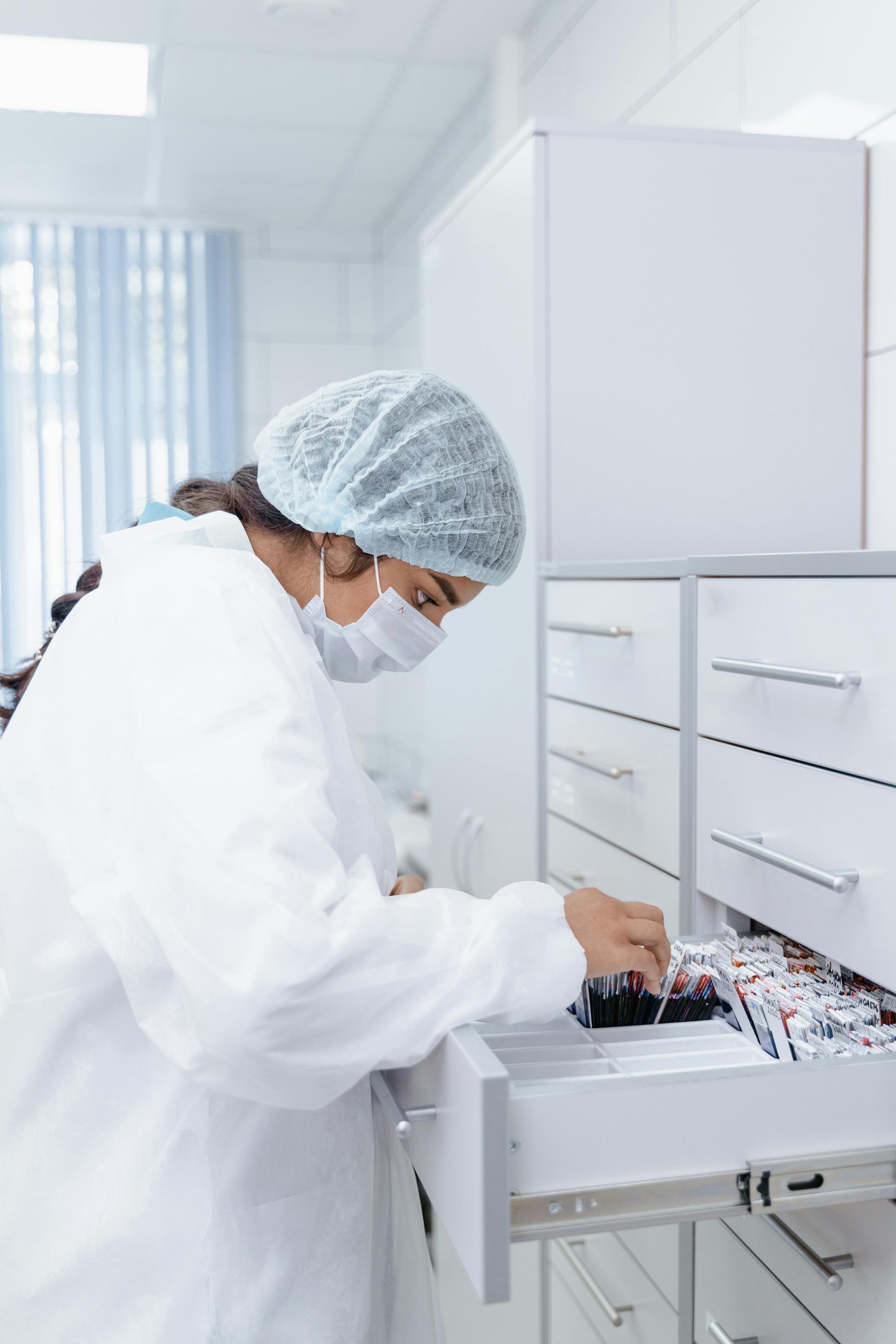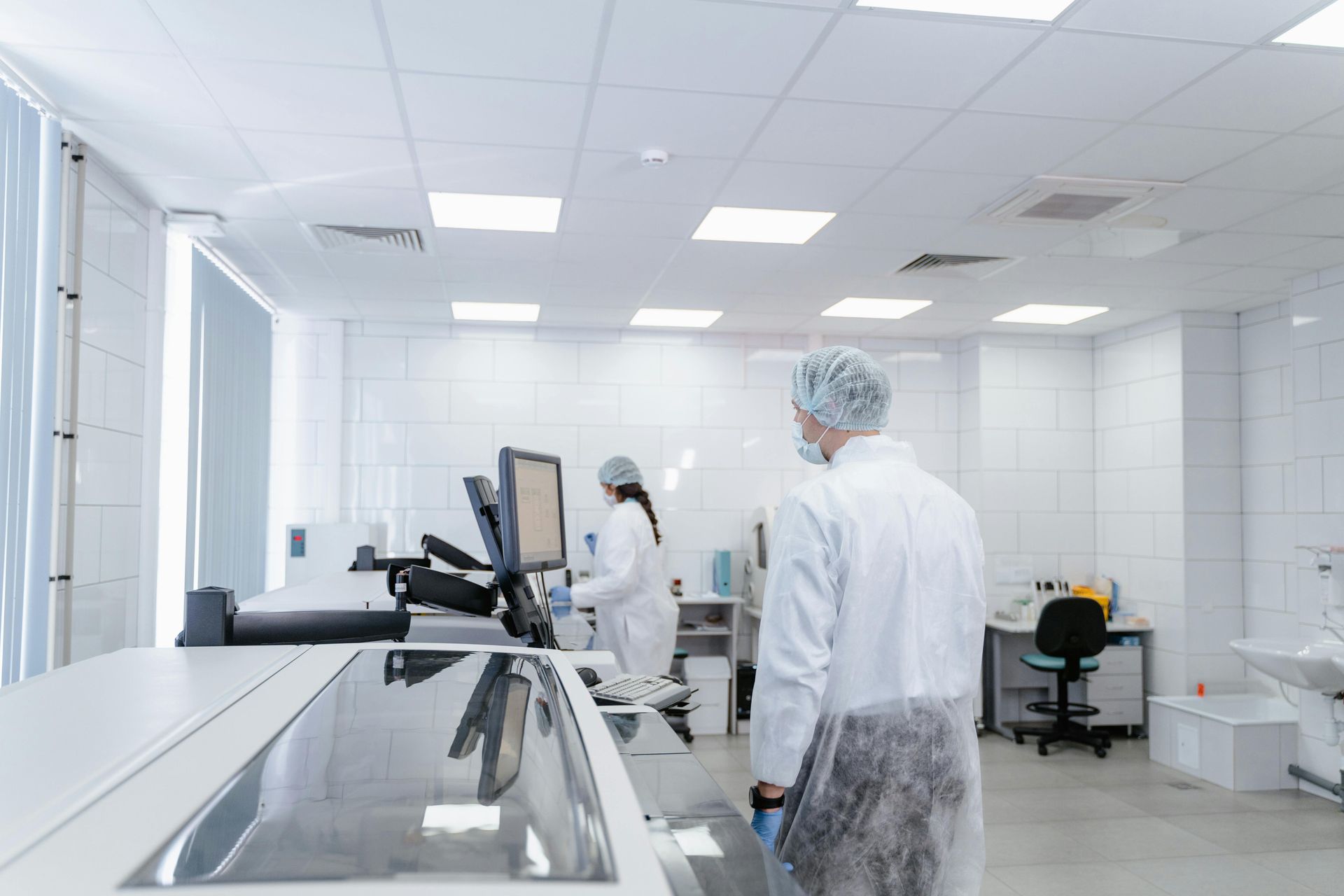Process Validation Training: 3 Stages of Process Validation
FDA Process validation is an essential component of any successful company in the pharmaceutical, biotech, medical device, and skin and cosmetics industries. Companies often require additional process validation training to ensure that their internal systems are compliant with the Food and Drug Administration's current guidelines.
The FDA’s official process validation guidance document states that process design is “the basic principle of quality assurance [that] a drug should be produced that is fit for its intended use.”
Their approach to process validation is focused on guaranteeing the “quality, safety, and efficacy” of any product that is produced by a company. They also take into account that quality cannot be assured via in-process and finished-product inspections or testing.
Instead, the FDA recommends that companies pursue a comprehensive approach that relies on controlling every step of the manufacturing process to ensure that a product’s quality is suitable and meets specifications.
Process validation training is a useful tool that assists companies in updating their process validation programs to ensure that they are focusing on process design, qualification, and continued verification.
According to the FDA, a process validation system should contain the following stages:
3 Stages of Process Validation
Stage 1: Process Design
Process design generates the commercial manufacturing protocol for control records. This stage results in a suitable process that a company can use to mass-produce a product regularly and with consistent quality.
Designing a commercial manufacturing process must take into account the limitations of the equipment and the variations in the product that come from manufacturing tolerances, environments, measuring systems, and other factors.
Virtual simulations are a useful tool for understanding a proposed process and avoiding problems during commercial operations. Documentation is also necessary, as it justifies any decisions regarding the manufacturing process.
Stage 2: Process Qualification
Once a company has designed a manufacturing process, the next step is to check whether it’s ready for commercial use. Process qualification (PQ) comes in two parts:
- Designing the production facility and any relevant equipment
- Process performance qualification (PPQ), where any procedures here must be CGMP-compliant.
Once PQ completes, the company can move the products onto the next step of commercial distribution.
Stage 3: Continued Process Verification
Essentially a maintenance stage, continued process verification ensures the manufacturing process remains valid during its commercial use. Stage 3 involves systems that ensure that unexpected obstacles or mistakes do not occur during ongoing product construction.
To ensure the process stays in an acceptable condition, the company must be actively searching for problems and their solutions before they damage the product. The data involved includes the quality of the raw materials and the final product.
Process Validation Training and Certification With CfPIE
The Center for Professional Innovation and Education (CfPIE) offers dedicated process validation training that can help you improve your existing process design systems.
Let our team of industry experts work with key stakeholders at your company to provide them with current best practices, insights into what the FDA looks for, and other valuable expertise.
Here are some of the process validation training programs CfPIE offers, and what you should expect to learn:
Process Validation for Drugs and Biologics?
There are four main things that this course will cover:
- You will understand the updated Process Validation Life Cycle according to the FDA, which begins with the process design, and continues through the process verification.
- You will understand the updated process validation requirements from the EMEA, ICH, WHO, and PCI/S as well, and we’ll cover how to incorporate all the requirements from these agencies and the FDA into a single system.
- You will be able to create and implement a process validation program of your own design that meets all the requirements necessary.
- You will learn how to troubleshoot process validation issues, prove that your program meets all requirements, and avoid delays and rejections.
Important Logistics of the Program
This is a two-day course that runs from 9:00 to 5:00 both days. On both days, breakfast and lunch are included. This course is meant for anyone currently involved with process validation duties, from beginners to seasoned personnel. The course does include an overview for beginners, but also allows experienced professionals to get plenty of new and updated information, as well. The only thing participants need is a basic familiarity of FDA, EMEA, and ISO requirements for process validation, as well as a good understanding of GMP for the pharmaceutical or biologic industries.
What to Expect During the Course
With this program, you can expect both days to be packed full of information. However, the instructor does leave time for questions, and there is hands-on instruction to ensure that every student gains the knowledge they need from the course.
On day one, there will be a brief introduction to process validation for beginners, followed by a thorough explanation of how to develop and implement your own system. On the second day, the class will pick back up with executing the system, and then you’ll dive into all the legal requirements and updated guidelines. By the end of day two, you will be able to competently prepare and defend your own process validation system when presented with common issues.
Other process validation related courses
- Writing Effective SOP and Other Process Documents
- Medical Device Process Validation Training for Professionals
You can browse our full list of pharmaceutical training courses here.
Do you have additional questions about any of our training courses? Please get in touch with a member of the CfPIE team by calling 1-610-648-7550.
Blog Categories
Stay Informed


